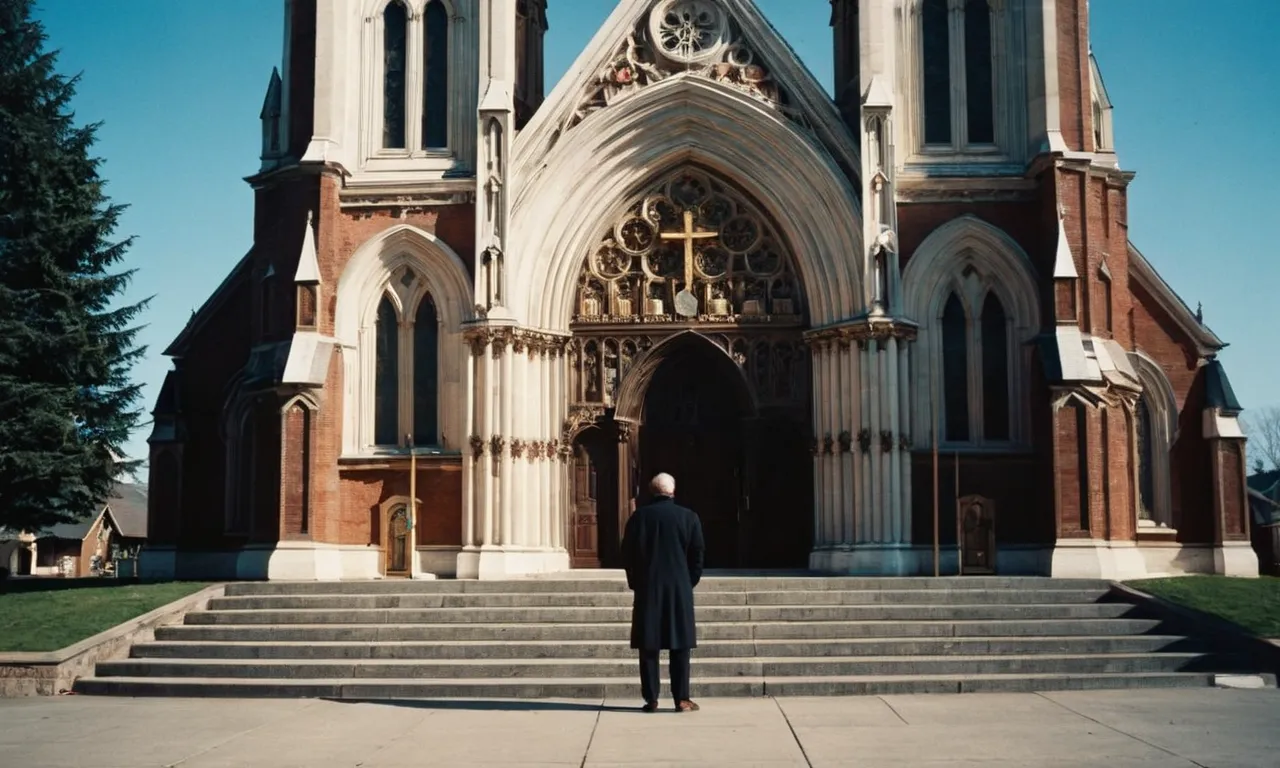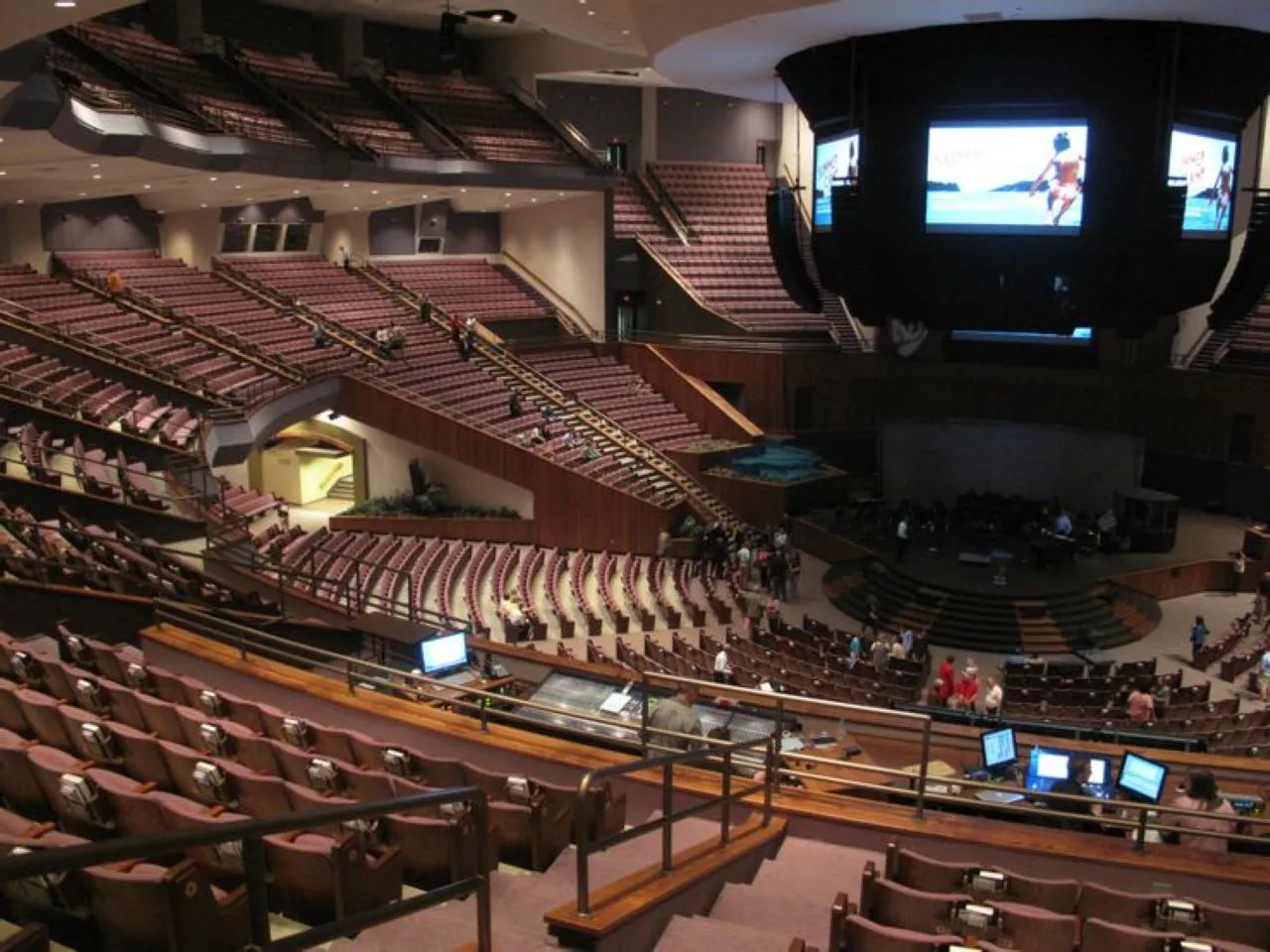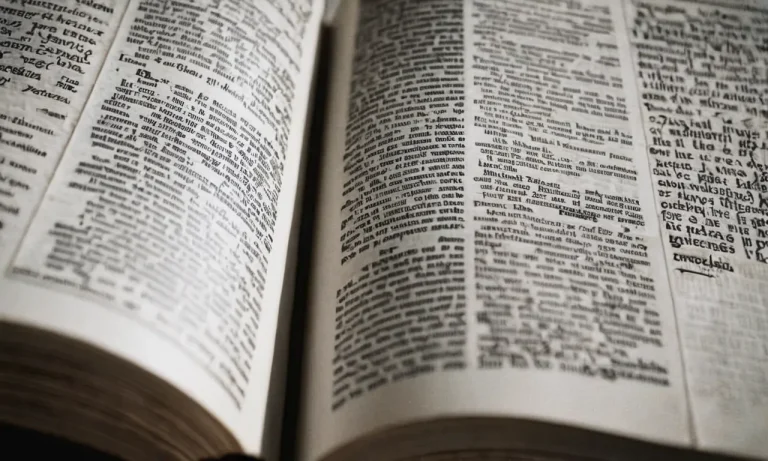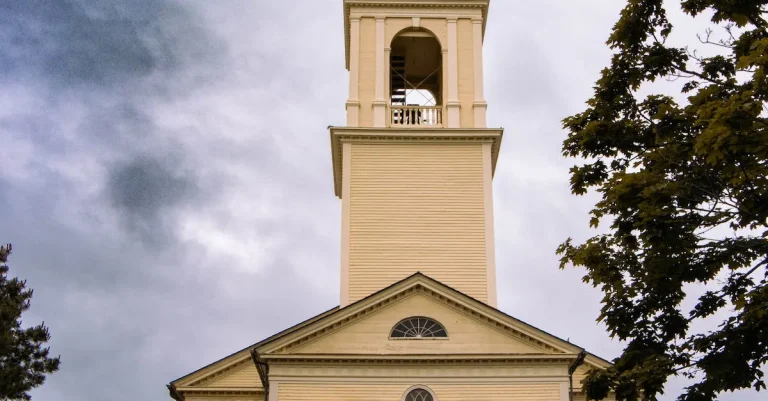The Southeast Christian Church Controversy: Explained
Southeast Christian Church in Louisville, Kentucky is no stranger to controversy. As one of America’s largest megachurches, Southeast has faced criticism over issues like gender roles, social justice, and alleged coverups.
If you’re looking for the full story on the major controversies surrounding this prominent evangelical church, you’ve come to the right place.
In this comprehensive guide, we’ll dive into Southeast’s biggest scandals, the cultural context, and lessons learned. You’ll get all the details on the scandals rocking one of America’s most influential Christian institutions.
Overview of Southeast Christian Church
With a membership of over 25,000 people, the church is known for its vibrant worship services, strong community outreach programs, and engaging youth activities.
The Church’s Beliefs and Values
Southeast Christian Church identifies as a non-denominational Christian church, emphasizing the teachings of Jesus Christ and the authority of the Bible.
The church holds traditional Christian beliefs such as the existence of a triune God, the divinity of Jesus, and the importance of salvation through faith in Christ.
The church also places a strong emphasis on living a life of love, compassion, and service to others.
Controversies and Criticisms
Like any large organization, Southeast Christian Church has faced its share of controversies and criticisms.
In recent years, there have been allegations of financial mismanagement and concerns about the church’s handling of certain issues.
However, it is important to note that these controversies are not representative of the entire church or its members. The church continues to address these concerns and strive towards transparency and accountability.
Southeast’s Conservative Theology and Gender Roles
The Southeast Christian Church is well-known for its conservative theology and adherence to traditional gender roles. This theological stance has often been a subject of controversy and debate.
Biblical Literalism and Complementarianism
One of the key aspects of Southeast’s conservative theology is its commitment to biblical literalism. This means that they interpret the Bible as the literal word of God, believing that every word is true and should be followed without question.
This approach extends to their views on gender roles.
Southeast Christian Church aligns with this belief, teaching that men should hold leadership positions within the church and society, while women are encouraged to focus on supporting those leaders and fulfilling more nurturing roles.
This interpretation of biblical teachings has sparked various debates and discussions within and outside of the church community. Critics argue that it promotes inequality and restricts women’s opportunities for leadership and personal growth.
Restrictions on Women’s Leadership Roles
As part of their conservative theology, Southeast Christian Church imposes restrictions on women’s leadership roles within the church.
While women are encouraged to serve in various capacities, they are not allowed to hold certain positions of authority, such as senior pastor or elder.
This restriction is based on their interpretation of biblical passages that mention male leadership and authority. Supporters argue that it is a reflection of their commitment to upholding biblical principles.
However, it has also been a point of contention for those advocating for gender equality within religious institutions.
It’s important to note that not all churches or Christians hold the same views on gender roles. The Southeast Christian Church controversy highlights the diversity of beliefs and interpretations within the Christian community.

Lack of Racial Diversity and Response to Racial Justice
The Southeast Christian Church has long been known as a predominantly white congregation, which has led to criticism and concerns about the lack of racial diversity within the church.
This lack of diversity has sparked conversations and debates about racial justice within the church and how it can better address issues of race and inclusivity.
Predominantly White Congregation
One of the main reasons for the lack of racial diversity at the Southeast Christian Church is its location in a predominantly white community.
The church has historically drawn its membership from the surrounding neighborhoods, which have limited racial diversity.
As a result, the congregation reflects the demographics of the community it serves. While the church has made efforts to reach out to other communities and promote diversity, it has faced challenges in attracting members from different racial backgrounds.
It is important to note that lack of racial diversity in a church is not unique to the Southeast Christian Church. Many churches across the country struggle with this issue, as communities tend to be segregated along racial lines.
However, it is essential for churches to actively work towards creating a more inclusive and diverse congregation, as diverse perspectives and experiences enrich the spiritual community.
Criticism Over Race Discussions
The Southeast Christian Church has also faced criticism for its approach to discussing race and racial justice. Some members and critics argue that the church has been silent or indifferent to issues of racial inequality and social justice.
This has led to frustration and disappointment among those who believe that churches have a responsibility to address these issues and promote equality.
However, it is important to consider that addressing race and racial justice can be a sensitive and complex topic.
Churches have different approaches and beliefs, and navigating these discussions requires careful consideration and understanding.
Some churches may feel the need to focus more on spiritual teachings and personal transformation, while others may actively engage in social justice efforts.
It is crucial for churches to find a balance that aligns with their core values and mission.
It is worth noting that the Southeast Christian Church has taken steps to address these concerns and improve its response to racial justice. The church has started hosting workshops, discussions, and events focused on racial reconciliation and understanding.
Culture of Secrecy and Alleged Coverups
One of the key issues surrounding the Southeast Christian Church controversy is the culture of secrecy and alleged coverups. This has been a source of concern for many individuals both within and outside of the church community.
Non Disclosure Agreements
Nondisclosure agreements (NDAs) have come under scrutiny in relation to the Southeast Christian Church controversy. These legal agreements are often used to prevent individuals from speaking out about certain issues or events.
Some critics argue that the use of NDAs fosters a culture of secrecy and hinders transparency within the church.
While NDAs are commonly used in various industries, including the church, their application in cases involving alleged misconduct or abuse has raised ethical questions.
Critics argue that these agreements can prevent individuals from coming forward with their experiences, thus impeding the discovery of potential misconduct or wrongdoing.
It is important to note that the use of NDAs does not necessarily imply guilt or wrongdoing on the part of the church.
However, their presence in cases related to the Southeast Christian Church controversy has sparked a broader conversation about the balance between protecting individuals’ privacy and fostering accountability within religious institutions.
Sexual Abuse Allegations
Several individuals have come forward with claims of abuse, alleging that the church failed to adequately address their concerns or take appropriate action.
These allegations have prompted an investigation into the church’s handling of such cases and have led to discussions about the importance of creating safe environments within religious institutions.
The Southeast Christian Church controversy has highlighted the need for churches to have robust policies and procedures in place to respond to allegations of abuse and to support survivors.
It is worth noting that allegations of sexual abuse are serious and should be treated with utmost care and sensitivity. Survivors of abuse often face significant emotional and psychological challenges, and it is crucial for religious communities to prioritize their well-being and offer support.
Conclusion
While Southeast Christian Church has made major contributions to evangelical Christianity, the congregation still faces criticism over gender roles, racial justice, and alleged coverups.
By studying Southeast’s controversies in context, we can gain wisdom for building healthier church communities centered on openness, equality, and care for victims.








